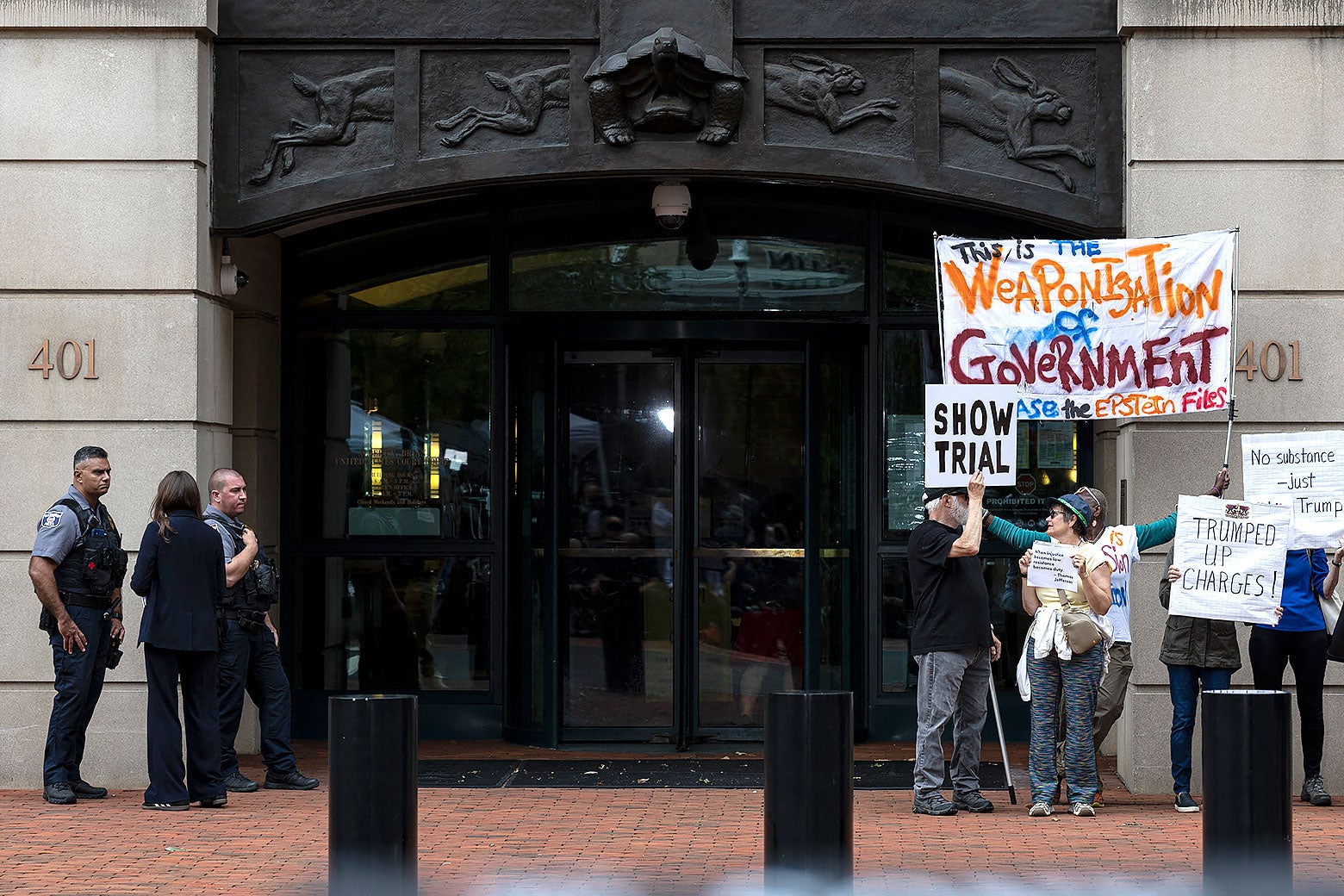Bipartisan Support Emerges for Artificial Intelligence Regulation

Concerns over artificial intelligence (AI) have sparked a rare moment of bipartisan agreement among U.S. lawmakers. In a significant legislative move, the U.S. Senate recently voted 99-1 to eliminate a provision from a spending and tax bill proposed by former President Donald Trump. This provision sought to impose a moratorium on state-level regulations of AI, threatening to withhold US$500 million in federal funding for broadband and AI infrastructure projects from states that enacted such laws.
The decision to remove this provision reflects a growing recognition among both Republican and Democratic leaders of the need for effective oversight of AI technology. Many political figures, including state attorneys general and 17 Republican governors, voiced their opposition to the moratorium, advocating for the establishment of regulatory frameworks. The overwhelming Senate vote indicates a shift in the political landscape regarding technology regulation, a topic often overshadowed by more divisive issues.
Public Sentiment on AI
A recent poll conducted by political scientists in April 2025 sheds light on American attitudes towards AI and its potential impact on society. The survey reveals a general sense of pessimism among the public, with 65% of respondents believing AI will exacerbate the spread of false information. Furthermore, 56% express concerns that AI could pose a threat to humanity’s future.
The poll illustrates a significant disconnect between public perception and optimism about AI. Fewer than 30% of respondents indicated that they expect AI to enhance productivity (29%), reduce loneliness (21%), or improve the economy (22%). Notably, there is a rare consensus across political lines, with only 19% of Republicans and 22% of Democrats believing AI will alleviate loneliness.
When asked about government regulation of AI, nearly 60% of Americans support stricter oversight. This support crosses partisan lines, with 66% of Democrats and 54% of Republicans advocating for strict regulations. The findings suggest that concerns regarding AI’s implications transcend the usual political divisions, as both parties recognize the urgency of addressing potential risks.
The Future of AI Regulation
As advancements in AI technology continue at a rapid pace, the debate over its regulation is expected to intensify at both state and federal levels. The public’s anxiety about AI reflects a broader unease about the technology’s implications for daily life and the economy. Lawmakers and technology leaders have an opportunity to address these concerns by promoting transparency and fostering public dialogue about the potential benefits and dangers of AI.
Experts in the field share similar apprehensions, underscoring the importance of establishing guardrails to mitigate risks associated with AI development. With the public and lawmakers increasingly aligned in their desire for regulation, the future of AI governance will likely hinge on how effectively policymakers can balance innovation with safety.
The authors of the poll emphasize their impartiality, noting they do not have any affiliations with organizations that could benefit from the findings. This clarity reinforces the credibility of the data and highlights the pressing need for informed discussions on the regulation of AI technology.






